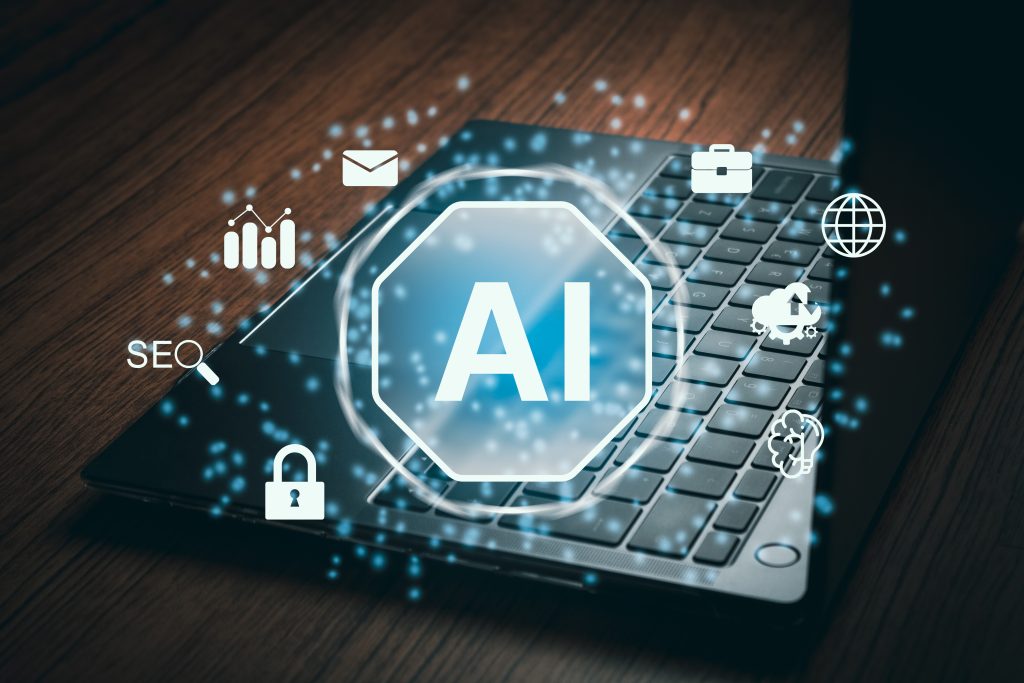The dark side of AI: Seven fears that won’t go away
Key concerns include the potential for widespread job displacement as AI systems replace human workers, significant environmental harm due to the substantial energy usage of AI models, and privacy erosion through increased surveillance capabilities.

AI has been hailed as the most transformative technology of our age, but with that power comes unease. From replacing jobs to spreading lies online, the risks attached to AI are no longer abstract; they are already reshaping lives. While governments and tech leaders promise safeguards, uncertainty fuels public anxiety.
Perhaps the most immediate concern is employment. Machines are proving cheaper and faster than humans in the software development and graphic design industries. Talk of a future “post-scarcity” economy, where robot labour frees people from work, remains speculative. Workers see only lost opportunities now, while policymakers struggle to offer coordinated solutions.
Environmental costs are another hidden consequence. Training large AI models demands enormous data centres that consume vast amounts of electricity and water. Critics argue that supposed future efficiencies cannot justify today’s pollution, which sometimes rivals small nations’ carbon footprint.
Privacy fears are also escalating. AI-driven surveillance—from facial recognition in public spaces to workplace monitoring—raises questions about whether personal freedom will survive in an era of constant observation. Many fear that “smart” devices and cameras may soon leave nowhere to hide.
Then there is the spectre of weaponisation. AI is already integrated into warfare, with autonomous drones and robotic systems assisting soldiers. While fully self-governing lethal machines are not yet in use, military experts warn that it is only a matter of time before battlefields become dominated by algorithmic decision-makers.
Artists and writers, meanwhile, worry about intellectual property theft. AI systems trained on creative works without permission or payment have sparked lawsuits and protests, leaving cultural workers feeling exploited by tech giants eager for training data.
Misinformation represents another urgent risk. Deepfakes and AI-generated propaganda are flooding social media, eroding trust in institutions and amplifying extremist views. The danger lies not only in falsehoods themselves but in the echo chambers algorithms create, where users are pushed toward ever more radical beliefs.
And hovering above it all is the fear of runaway AI. Although science fiction often exaggerates this threat, researchers take seriously the possibility of systems evolving in ways we cannot predict or control. Calls for global safeguards and transparency have grown louder, yet solutions remain elusive.
In the end, fear alone cannot guide us. Addressing these risks requires not just caution but decisive governance and ethical frameworks. Only then can humanity hope to steer AI toward progress rather than peril.
Source: Forbes
Would you like to learn more about AI, tech and digital diplomacy? If so, ask our Diplo chatbot!
